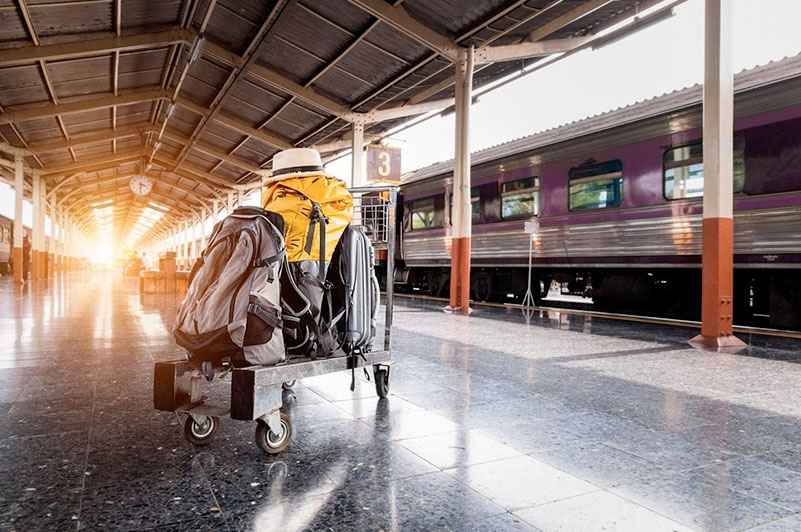The H-1B visa is a non-immigrant visa, subject to a lottery, which allows U.S. employers to recruit and employ foreign professionals in specialty occupations. This program provides the opportunity for foreign workers to legally work in the U.S. if they possess at least a Bachelor’s degree in a specialty occupation or a Bachelor’s equivalent; this requirement can be met by demonstrating extensive employment experience in a related field or a combination of employment experience and post-secondary education.
The H-1B visa has an annual numerical limit or “cap” of 65,000 visas each fiscal year. There are an additional 20,000 visas for applicants who completed their master’s degree from a US university. This cap is subject to change based on regulations set forth by USCIS.
Due to the visa lottery, an initial H-1B visa must be submitted to USCIS during the first week of April (dates vary per year). However, even if chosen and approved, the beneficiary cannot begin work until October 1st of that year. Extensions of H-1B visas are not subject to the cap and thus extensions may be filed at any time based on the expiration date of the approved H-1B visa.
Occupations that qualify for H-1B visas generally require highly specialized knowledge in a field of human endeavor including, but not limited to the following: IT, Architecture, Engineering, Mathematics, Physical Scientific Research, Social Science, Biotechnology, HealthCare/Medicine, Education, Law, Business, Theology, Arts, Computing, Finance, Accounting, Banking, Marketing, Sales, Recruiting, and Telecommunication.
Prior to filing an H-1B petition, the petitioning U.S. employer must file a certification of a Labor Condition Application (LCA) with the Department of Labor (DOL). An LCA filing certifies that the individual will be paid at least the prevailing wage in the industry and that such employment will not adversely affect the working conditions of similarly employed U.S. workers.
H-1B visa status is available for 3 years and is renewable for and may be extended in the first instance for up to 2 years and later for 1 additional year for a maximum of 6 years. In some instances, H-1B visas may be extended beyond the 6-year limit and can also “recapture” time spent abroad while in H-1 Status.

H1B status may be extended beyond six years in certain limited circumstances. If the employer has filed an I-140 Immigrant Petition as part of trying to obtain lawful permanent resident status (a green card) and the I-140 has been approved, an H1B extension can be filed. H1B status can be extended for three years if the employee is the beneficiary of an approved I-140 petition, but their priority date is not yet current (an immigrant visa number is not available).
H-1B visa holders can bring their spouse and children under 21 years of age to the US under the H-4 Visa category as dependents. An H4 Visa holder is allowed to remain in the US as long as the H-1B visa holder remains in legal status. While, an H-4 visa holder is not eligible to work in the US unless able to come under a non, they may attend school, obtain a driver’s license and open a bank account while in the US.
Additionally, even though the H-1B visa is a non-immigrant visa, it is one of the few U.S. visa categories recognized as dual intent, meaning the H-1B visa holder can apply for and obtain a US Green Card while in the US on an H-1B visa. If you are still in the US on an H-1B visa and wish to remain in the US for more than six years, you can apply for permanent residency in the US to receive a Green Card.
SAPG is a client-centred international law firm with a custom-tailored approach.